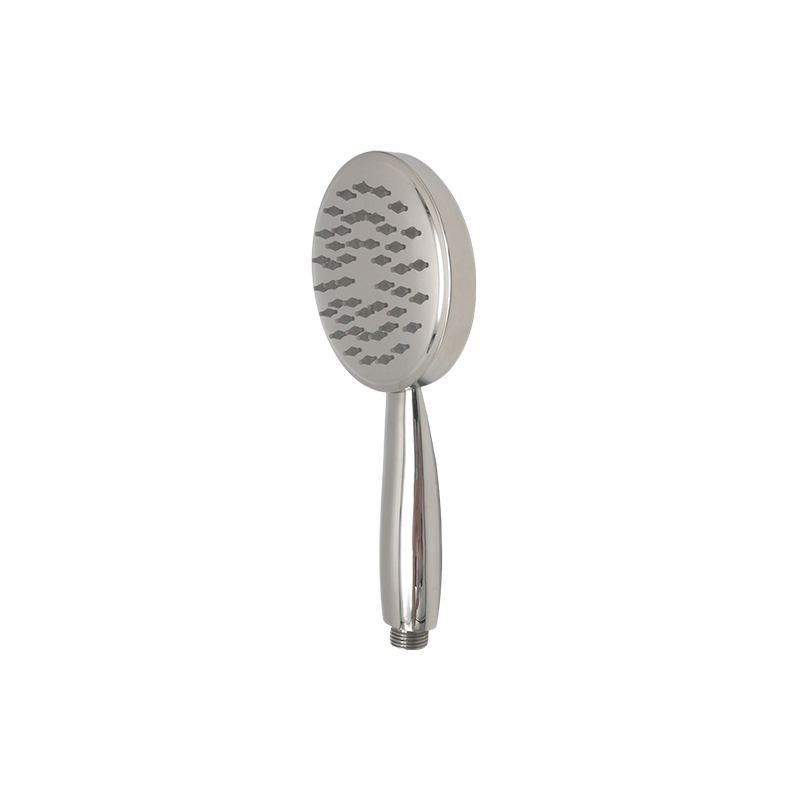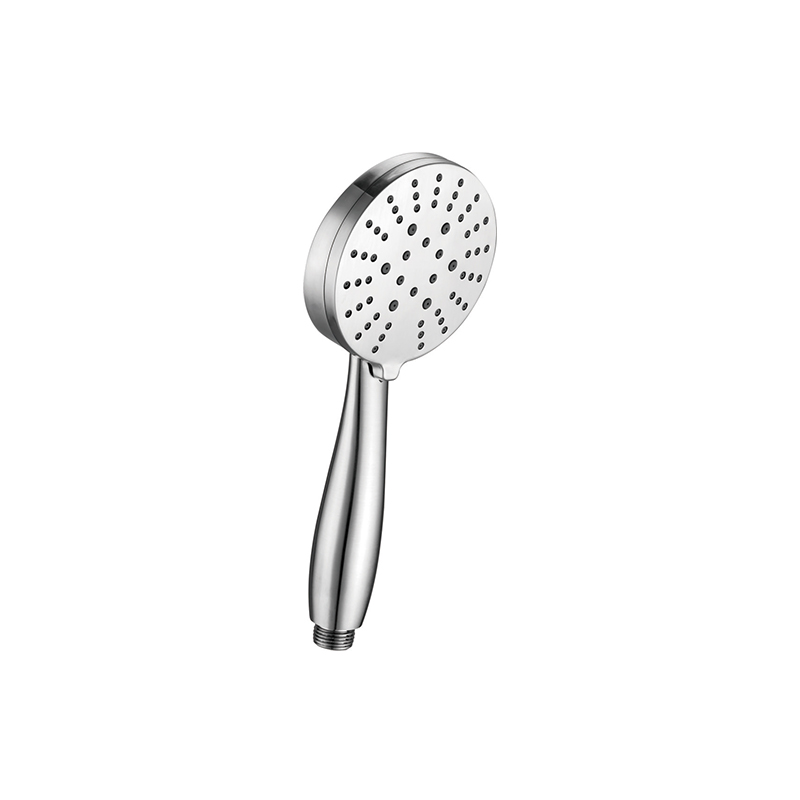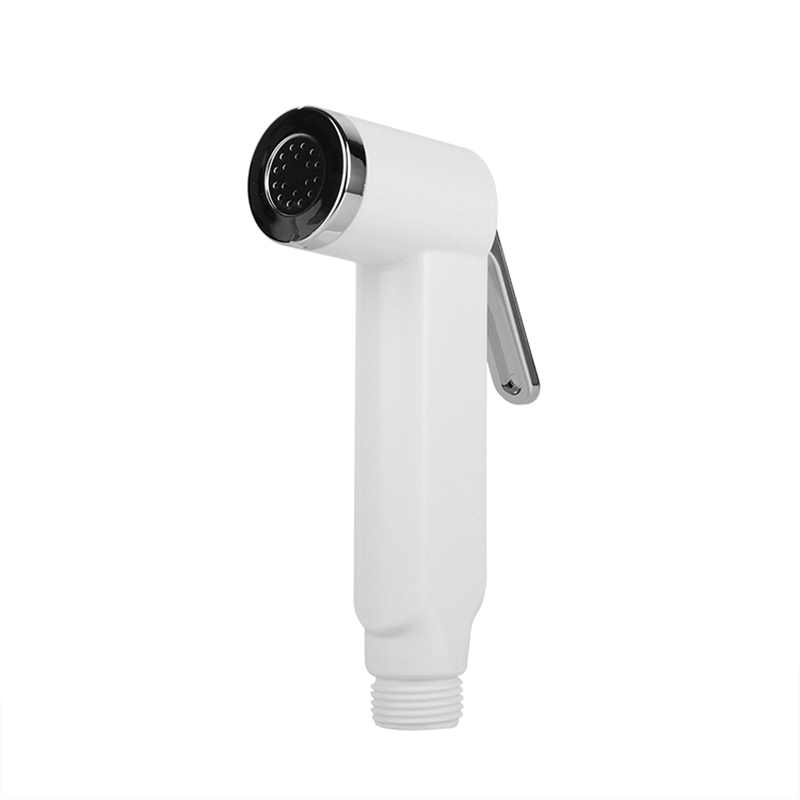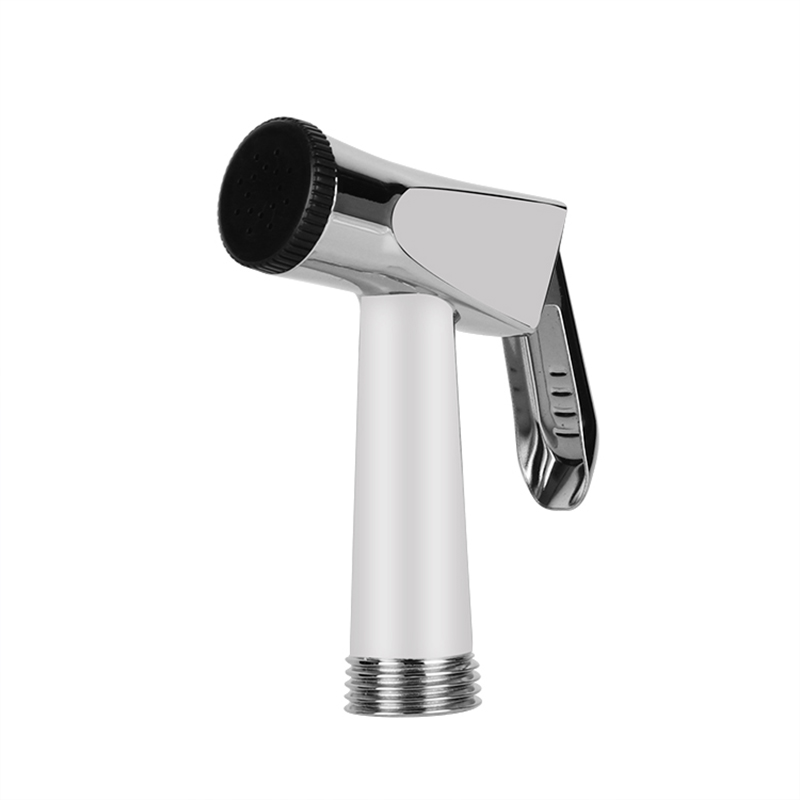When selecting a flexible hose for your shower, one common dilemma is whether to choose a braided stainless steel flexible hose or a plastic-coated alternative.
Types of Shower Flexible Hoses
Flexible hoses for showers are designed to connect the showerhead to the water supply, allowing for mobility and ease of installation. The two primary types are:
-
Braided Stainless Steel Flexible Hose: This type features an inner tube, often made of rubber or polymer, encased in a braided stainless steel outer layer. The stainless steel shower flexible hose is known for its robust construction and resistance to external damage.
-
Plastic-Coated Flexible Hose: This variant consists of an inner core similar to the stainless steel version but with an outer coating made of plastic or vinyl materials. It is typically lighter and more flexible in certain designs.
Both types are available in various lengths and fittings to accommodate different shower setups.
Applications
Shower flexible hoses are commonly used in residential and commercial bathrooms for:
-
Connecting handheld showerheads to fixed mounts.
-
Replacing rigid pipes in retrofit or renovation projects.
-
Providing flexibility in shower systems for accessibility, such as in walk-in showers or for users with mobility needs.
The choice between a stainless steel shower flexible hose and a plastic-coated one often depends on environmental factors, such as water quality and installation location.
Comparison: Braided Stainless Steel vs. Plastic-Coated Hoses
To evaluate which type might be suitable for your needs, consider the following factual comparisons based on general industry data:
-
Durability and Lifespan: The braided stainless steel flexible hose typically offers higher tensile strength and resistance to kinking, abrasion, and corrosion. Stainless steel materials can withstand higher water pressures and temperatures, often resulting in a longer service life compared to plastic-coated hoses, which may degrade over time due to UV exposure or chemical interactions.
-
Cost Considerations: Plastic-coated hoses are generally more affordable upfront due to lower material and manufacturing costs. In contrast, a stainless steel shower flexible hose may involve a higher initial investment but could reduce long-term replacement expenses.
-
Maintenance and Hygiene: Stainless steel surfaces are non-porous and resistant to mold and mildew growth, making them easier to clean in humid environments like showers. Plastic-coated hoses might require more frequent cleaning if the coating develops cracks or absorbs moisture.
-
Installation and Compatibility: Both types are designed for standard shower fittings and can be installed with basic tools. However, the rigidity of a braided stainless steel flexible hose might require careful handling to avoid sharp bends, whereas plastic-coated hoses are often more pliable but may be prone to twisting.
-
Environmental Impact: Stainless steel is recyclable and may have a lower environmental footprint over its lifecycle, while plastic coatings can contribute to waste if not disposed of properly.
Frequently Asked Questions (FAQ)
Q: What is the typical lifespan of a stainless steel shower flexible hose?
A: Based on industry standards, a braided stainless steel flexible hose can last 5-10 years or more with proper maintenance, depending on water quality and usage patterns. Plastic-coated hoses may have a shorter lifespan, often ranging from 2-5 years.
Q: Are there safety differences between the two types?
A: Both hoses are tested to meet safety regulations for burst pressure and leak prevention. The stainless steel shower flexible hose generally offers higher burst pressure ratings, which can be advantageous in high-pressure water systems.
Q: Which type is better for hard water areas?
A: Stainless steel hoses are less susceptible to mineral buildup and corrosion in hard water conditions, whereas plastic-coated hoses might experience faster deterioration if the coating is compromised.
Q: Do these hoses require special installation tools?
A: No, most flexible hoses for showers come with standard fittings that can be installed using common wrenches and sealants. Always follow manufacturer guidelines for optimal performance.
Q: Can either hose be used with all showerhead types?
A: Yes, both are compatible with most showerheads, but it is essential to check the thread size and pressure ratings to ensure a proper fit.
Choosing between a braided stainless steel flexible hose and a plastic-coated one involves weighing factors such as durability, cost, and environmental conditions. The stainless steel shower flexible hose often provides enhanced longevity and resistance to elements, while plastic-coated options offer affordability and flexibility.

 English
English 中文简体
中文简体












